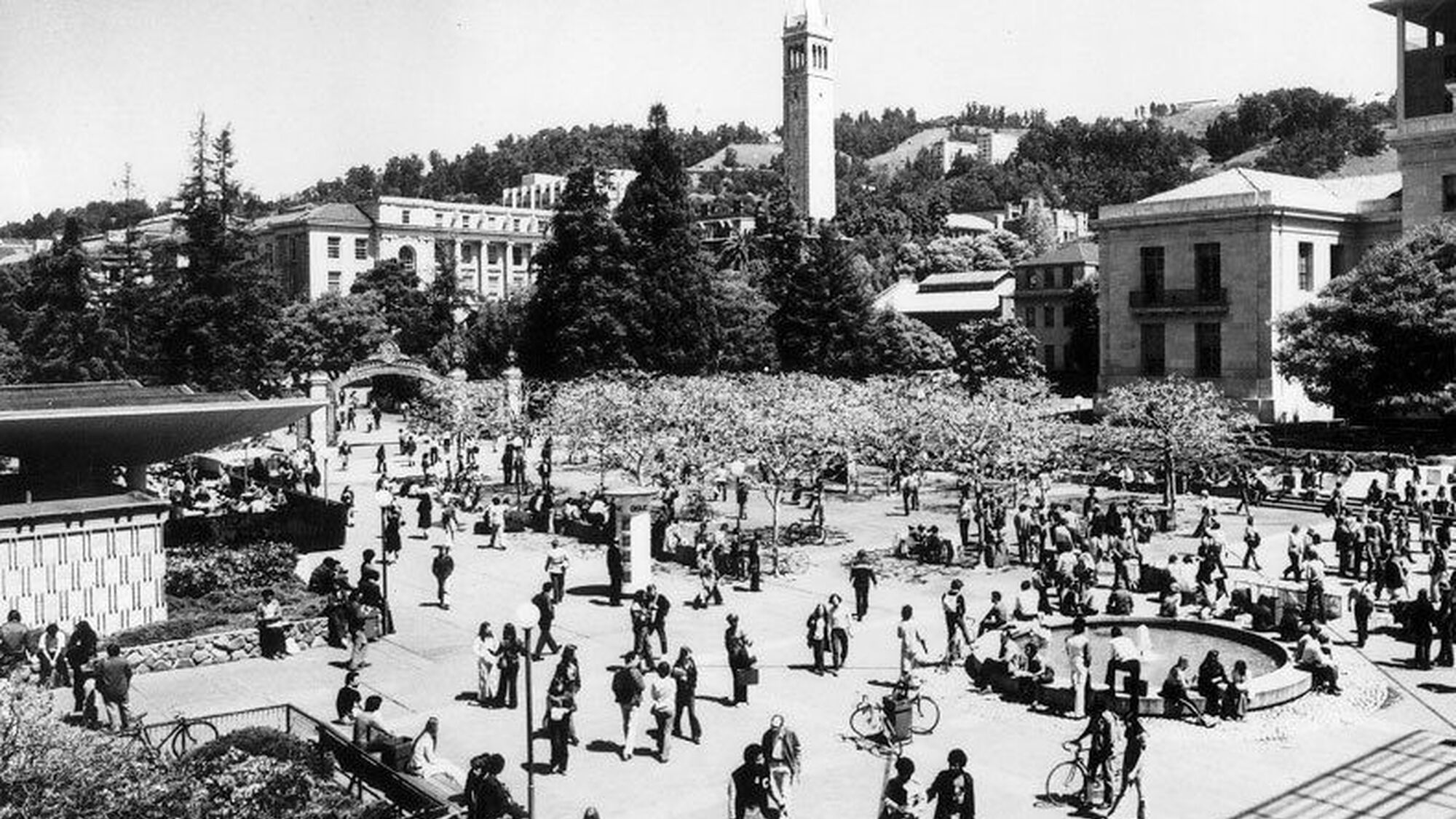Gray, a teacher educator and former high school English teacher, was motivated to create a different form of professional development for teachers, one that made central the knowledge, leadership, and best practices of effective teachers, and that promoted the sharing of that knowledge with other teachers. In partnership with Bay Area school districts, the Bay Area Writing Project (BAWP) created a range of professional development services for teachers and schools interested in improving the teaching of writing and the use of writing as a learning tool across the curriculum. The structure of this first Writing Project site’s programs formed the basis of the National Writing Project’s “teachers-teaching-teachers” model of professional development.
By 1976, NWP had grown to 14 Writing Project sites in six states. Over the next 15 years, the network continued to grow, with funding for Writing Project sites made possible by foundation grants and matching funds from local sources. In 1991, NWP was authorized as a federal education program, became a 501(c)3, and created its dynamic board of directors, all of which allowed the network to expand to previously under-served areas, eventually reaching all 50 states, the District of Columbia, Puerto Rico, and the U.S. Virgin Islands. In partnership with the University of California, Berkeley, NWP hosted the first National Center on Writing and continues to maintain its research collection as part of NWP’s Archives at the University of California’s Bancroft Library.
Directed federal funding in education ended in 2011, but in the decade afterwards, NWP was able to develop some of its best known national programs such as KidWriting and Civic Journalism. With support from the federal i3 and SEED programs, NWP developed and expanded its College, Career, and Community Writers Program (C3WP), focusing on argument writing and civic engagement, and the Pathways Program. Both of these programs have been extensively evaluated for the What Works Clearinghouse.
In 2024, as a way to become a more agile and flexible organization, the National Writing Project became a fiscally sponsored project of Community Initiatives, and disbanded its board of directors with much thanks for their years of service and contributions to the development of NWP.
Celebrating its 50th anniversary in 2024, NWP continues to develop innovative programming with support from a wide range of federal, state, and private funders. With an emphasis on emerging technologies in writing and learning, attention to civic engagement and community journalism, and a steadfast belief in the potential of great teachers to become educational leaders, the NWP network continues to draw on and support great teachers to reach all our young people.







